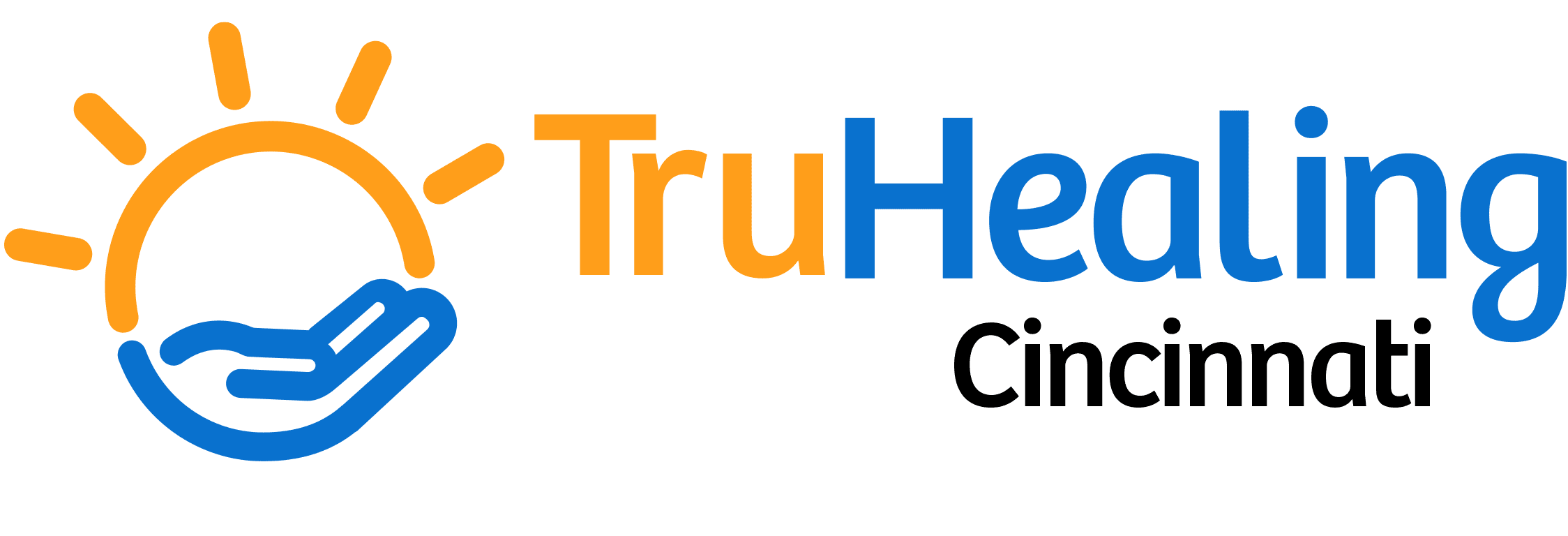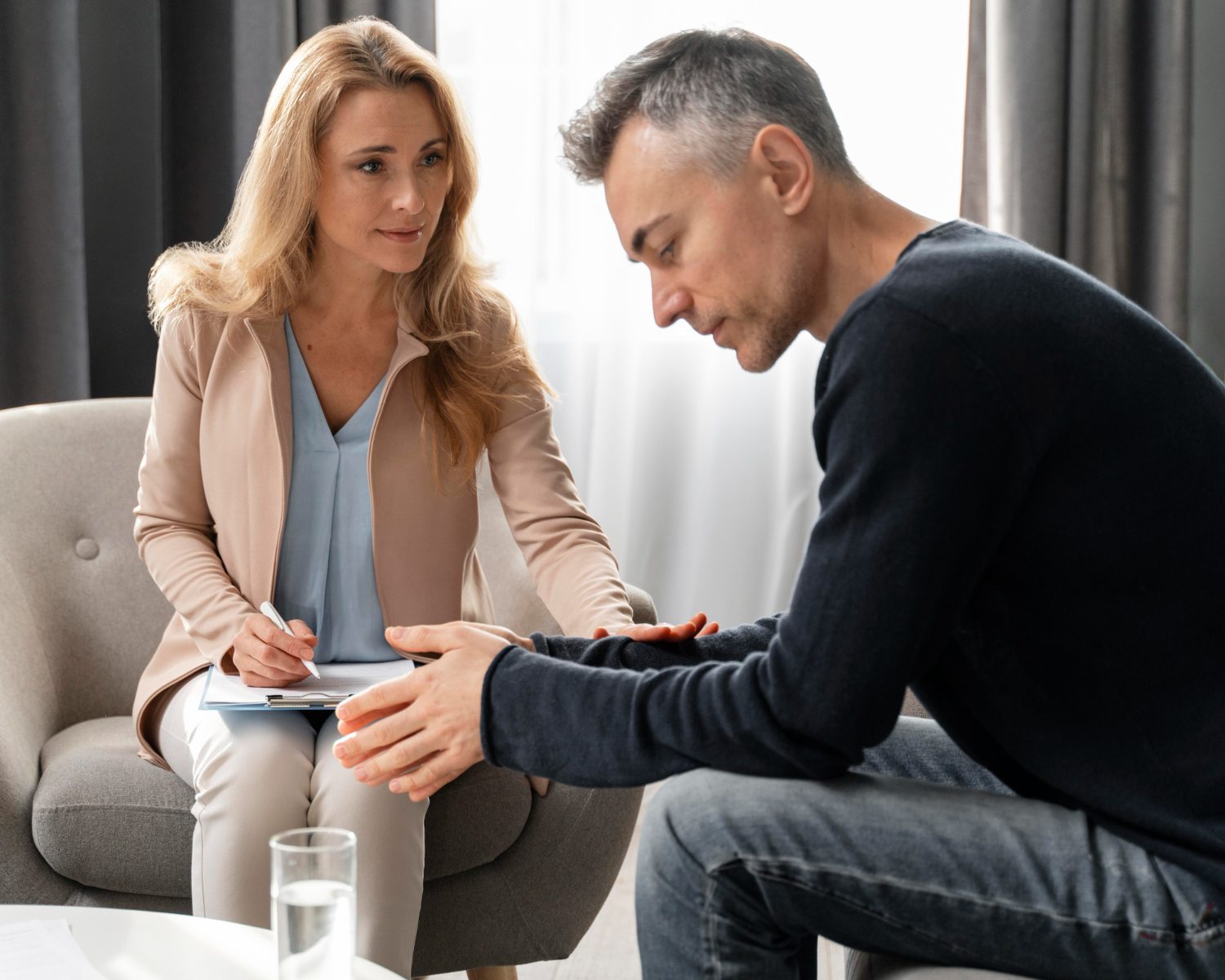When Staying Connected Feels Hard
There’s a particular kind of silence that comes after you stop showing up to treatment. Maybe you missed one group because you had a conflict at work. Maybe you didn’t answer your counselor’s call because you felt guilty. And then suddenly, weeks have gone by. It can feel easier to disappear than to explain yourself.
If you’ve ghosted an Intensive Outpatient Program (IOP) or drifted away from counseling, you’re not alone. Many people in opioid addiction treatment struggle with staying connected. The truth is, recovery is not just about showing up to treatment—it’s about building the kind of support system that keeps you engaged, even when it feels like the hardest thing in the world.
That’s why having a support network is not optional; it’s essential. A solid network makes treatment more than just a program. It turns it into a lifeline. And if you’re in Cincinnati, you don’t have to build that lifeline by yourself. Opioid Addiction Treatment programs at TruHealing Cincinnati are designed to help you reconnect, even if you’ve stepped away before.
Why Support Networks Matter in Recovery
Opioid addiction feeds on isolation. It whispers lies like “you’re better off alone” or “no one will understand.” And when you believe those lies, it’s easier to slip away quietly.
But recovery tells a different story. Treatment research consistently shows that people with strong support networks are more likely to stay engaged in recovery and less likely to relapse. Why? Because:
- Accountability keeps you present. Someone notices when you’re missing.
- Encouragement reminds you why you started. Others believe in you when you forget how to believe in yourself.
- Shared experience reduces shame. Talking to people who “get it” makes you realize you’re not the only one.
- Connection builds resilience. When cravings or stress hit, you have someone to reach out to instead of retreating.
Think of your support network like a safety net under a tightrope. Treatment is the balancing act, but the network is what makes it safe to keep walking, even when you wobble.
Step 1: Identify Your Safe People
Not everyone in your life knows how to support your recovery. Some may not understand why you can’t “just stop.” Others may unintentionally trigger cravings or minimize your progress. That’s why the first step is figuring out who belongs in your support network.
Safe people tend to:
- Listen without judgment.
- Respect your boundaries.
- Support your sobriety by not pressuring you to drink or use.
- Believe that recovery is possible for you.
Maybe that’s a close friend who always checks in. Maybe it’s a sibling who knows your story. Maybe it’s someone you’ve only just met in treatment who instantly “gets it.” The number doesn’t matter. What matters is that these people are safe. One genuine supporter is worth more than a dozen acquaintances who don’t understand.
Step 2: Use Treatment as Your Anchor
When treatment feels overwhelming, it’s tempting to step away. But showing up—even imperfectly—is how you stay connected to your anchor. Treatment provides structure, guidance, and access to peers who are walking the same path.
If you’re struggling with consistency:
- Be honest with your counselor about your challenges. They’d rather hear your truth than your silence.
- Ask for smaller commitments. If daily groups feel impossible, start with one session a week.
- Don’t view leaving as failure. Treatment isn’t all-or-nothing—it’s about coming back.
TruHealing Cincinnati understands this. Whether you’ve been gone for weeks or months, there’s always a way to step back in. And if you’re looking for opioid addiction treatment in Lexington, Kentucky or surrounding areas, our support extends beyond the city limits.
Step 3: Build Layers of Support
A strong support network isn’t just one person or one group. It’s layered. Each layer plays a different role, and together, they make you stronger.
- Professional Layer: Counselors, doctors, and staff provide expert guidance and medical support.
- Peer Layer: Group members, recovery peers, and sponsors share lived experience that makes you feel less alone.
- Personal Layer: Family or close friends who want you to succeed.
- Community Layer: Meetings, alumni programs, and recovery communities that keep you connected long-term.
Layers matter because recovery isn’t predictable. If one layer feels shaky, the others can catch you. For example, if a family relationship feels strained, you can lean on your peers until that personal connection grows stronger again.
Step 4: Create Accountability That Fits You
Accountability isn’t about being controlled. It’s about being cared for. The best accountability doesn’t feel like a burden—it feels like support.
Practical ideas:
- Send a quick “I went” text to a friend after group.
- Ask a peer to ride with you to treatment.
- Share your treatment schedule with someone you trust.
- Set small, specific goals—like attending one full week—and let someone know you did it.
Small acts of accountability can prevent small slips from turning into long disappearances.
Step 5: Reframe Returning as Strength, Not Weakness
If you’ve dropped out of treatment, the thought of returning might feel heavy. You may imagine everyone judging you for leaving, or worse, for coming back. But the truth? People in treatment know what it’s like to leave and return. Most will welcome you, not shame you.
Recovery isn’t a straight road—it’s a looping path, sometimes with detours. What matters is not how many times you’ve stepped away. What matters is your decision to step back in. Every return is proof of resilience.
At TruHealing, we see returning not as failure but as a sign that you’re still fighting for yourself. That matters more than a perfect record ever could.
Step 6: Recognize That Support Is Local
You don’t need to search the entire country for resources. Help is already nearby. TruHealing Cincinnati offers opioid addiction treatment designed to meet you where you are—whether you’re just starting, restarting, or continuing after a pause.
If you’re further out, options are still within reach. For instance, if you’re looking for opioid addiction treatment in Louisville, Kentucky, we have programs that may meet your needs. Recovery doesn’t stop at city lines.
Step 7: Keep Recovery Relational, Not Transactional
One of the biggest mistakes in treatment is treating it like a checklist. Go to group. See the doctor. Finish the program. Done. But recovery isn’t a transaction—it’s a relationship.
Every text you send, every group you attend, every ride you accept—it’s not about ticking boxes. It’s about staying human, connected, and known. Relationships, not checklists, are what keep you engaged long after the program ends.
FAQs About Building a Support Network in Treatment
1. What if my family doesn’t support my recovery?
You can still thrive. Many people in recovery rely on peers and professionals as their main support. Family can help, but they don’t define your success.
2. Do I need to tell everyone I’m in treatment?
No. Your support network should be intentional. Share your journey only with people who respect and protect it.
3. What if I’ve tried building support before and it didn’t work?
That doesn’t mean it won’t work this time. Building support takes trial and error. Sometimes the right people show up later, when you’re ready to let them in.
4. Can I rebuild support after dropping out of treatment?
Yes. Many people return after leaving. Each time, they come back with more awareness, more clarity, and often a stronger sense of what they need.
5. How do I know if my support system is strong enough?
A strong support system doesn’t mean having dozens of people. If you have even two or three people who know your truth, encourage your recovery, and check in on you—you already have a foundation.
6. Is it okay to let go of unsupportive relationships?
Absolutely. Letting go of people who threaten your recovery is not selfish—it’s survival. Healthy support often means pruning away what holds you back.
Take the Next Step Today
Recovery is hard, but it doesn’t have to be lonely. Building a support network is one of the most powerful ways to stay engaged in treatment and find hope again. Even if you’ve stepped away, you can step back in today.
Call (888) 643-9118 or visit our Opioid Addiction Treatment program in Cincinnati, Ohio to learn more about the support waiting for you.


